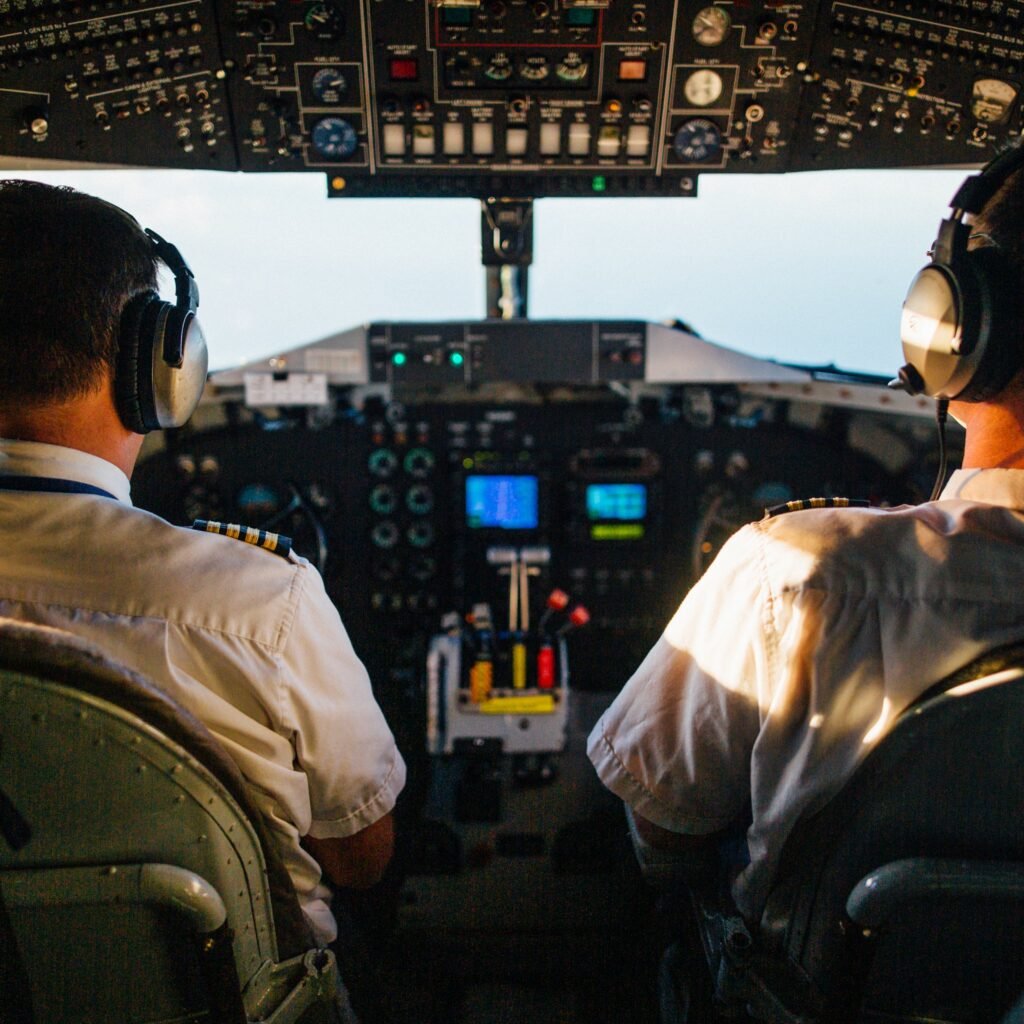In the fast-paced world of advanced air mobility, where innovation and technological advancements are constantly pushing the boundaries, finding and attracting top talent is crucial for success. As employers in this industry, it is important to recognize the significance of making a good first impression during the recruitment process. One aspect that often gets overlooked is the use of self-recorded video interviews, which can feel impersonal and inconsiderate.
Self-recorded video interviews have gained popularity in recent years as a convenient and time-saving method for screening candidates. However, this format can inadvertently create a disconnect between employers and potential employees. By eliminating direct interaction and personal connection, it treats the recruitment process as a one-way transaction, where candidates speak to a camera without real-time feedback or engagement. This approach can make candidates feel undervalued and diminish the human element of hiring.
In the advanced air mobility industry, where candidates often possess high levels of intelligence (IQ), emotional intelligence (EQ), and social intelligence (SQ), relying solely on impersonal self-recorded interviews can be detrimental. These interviews fail to capture the full range of a candidate’s abilities and potential. Candidates with exceptional technical skills may not necessarily excel in a self-recorded video format, where their interpersonal skills and ability to collaborate and communicate effectively are not adequately assessed.
Furthermore, the use of self-recorded video interviews in the advanced air mobility industry can reflect poorly on a company’s culture and its regard for potential employees. Talented applicants who are seeking a supportive and engaging work environment may view such interviews as a sign that the company does not prioritize fostering strong relationships with its employees. This can deter highly qualified candidates from considering opportunities with the company, ultimately limiting the talent pool and hindering innovation and growth.
To attract the best of the best to your team in the advanced air mobility industry, it is essential to create a positive and engaging recruitment experience. Incorporating more interactive and personalized elements into the hiring process can help foster a sense of connection and demonstrate a genuine interest in the candidate. This can be achieved through methods such as live video interviews, virtual meet-and-greet sessions, or even in-person interviews when feasible.
By providing candidates with the opportunity to engage in real-time conversations and receive immediate feedback, employers can gain a deeper understanding of their skills, personality, and potential fit within the organization. This approach allows for a more comprehensive evaluation of candidates and ensures that the hiring process aligns with the high standards of the advanced air mobility industry.
In conclusion, employers in the advanced air mobility industry must recognize the importance of making a good first impression during the recruitment process. Relying solely on self-recorded video interviews can be detrimental to attracting top talent and may reflect poorly on a company’s culture and regard for potential employees. By incorporating more interactive and personalized elements into the hiring process, employers can create a positive and engaging experience that attracts the best candidates and fosters a strong and innovative team.






